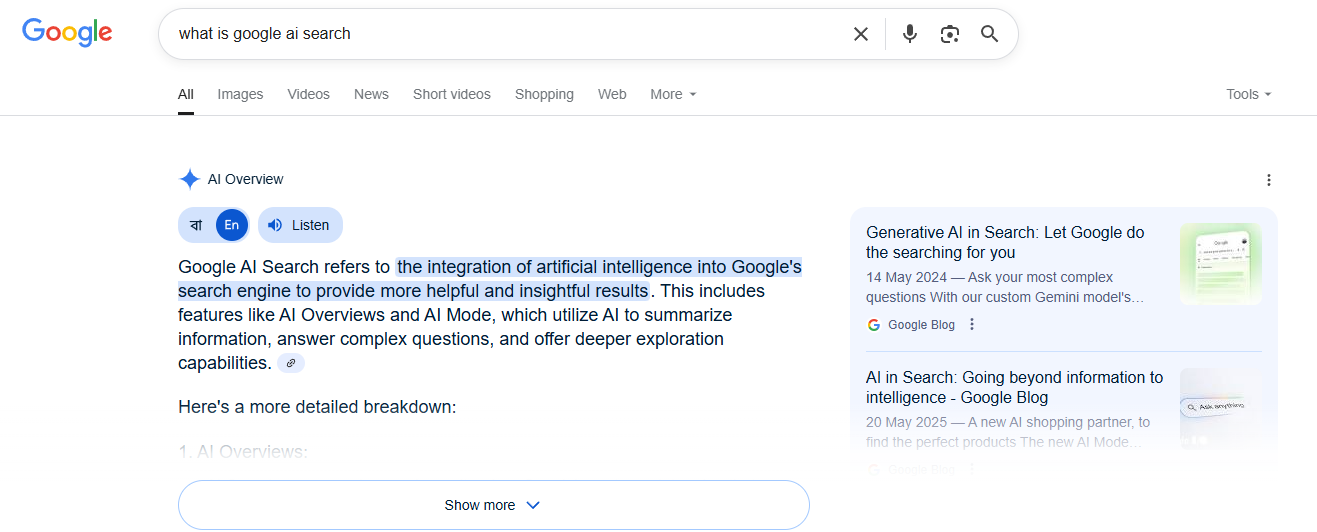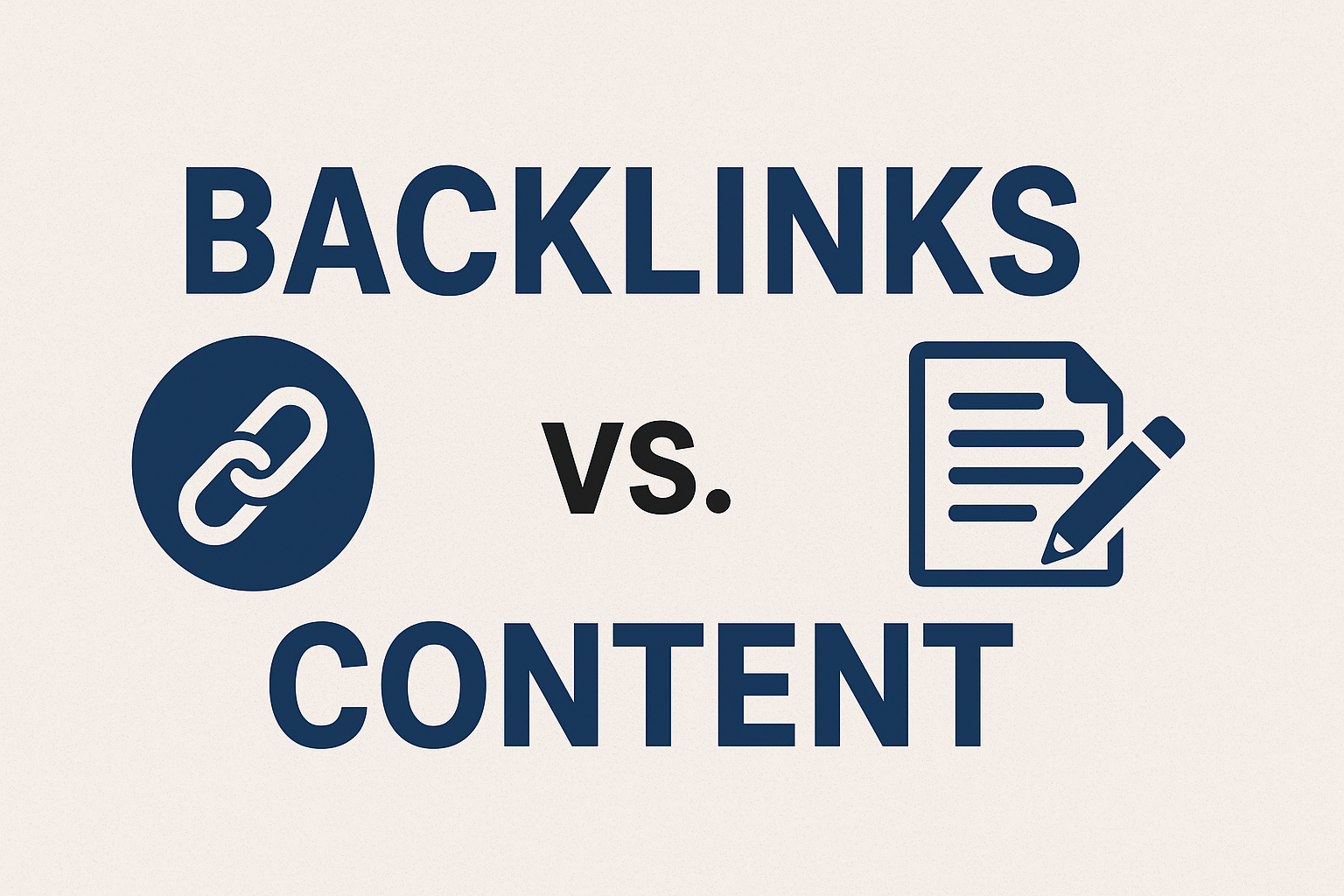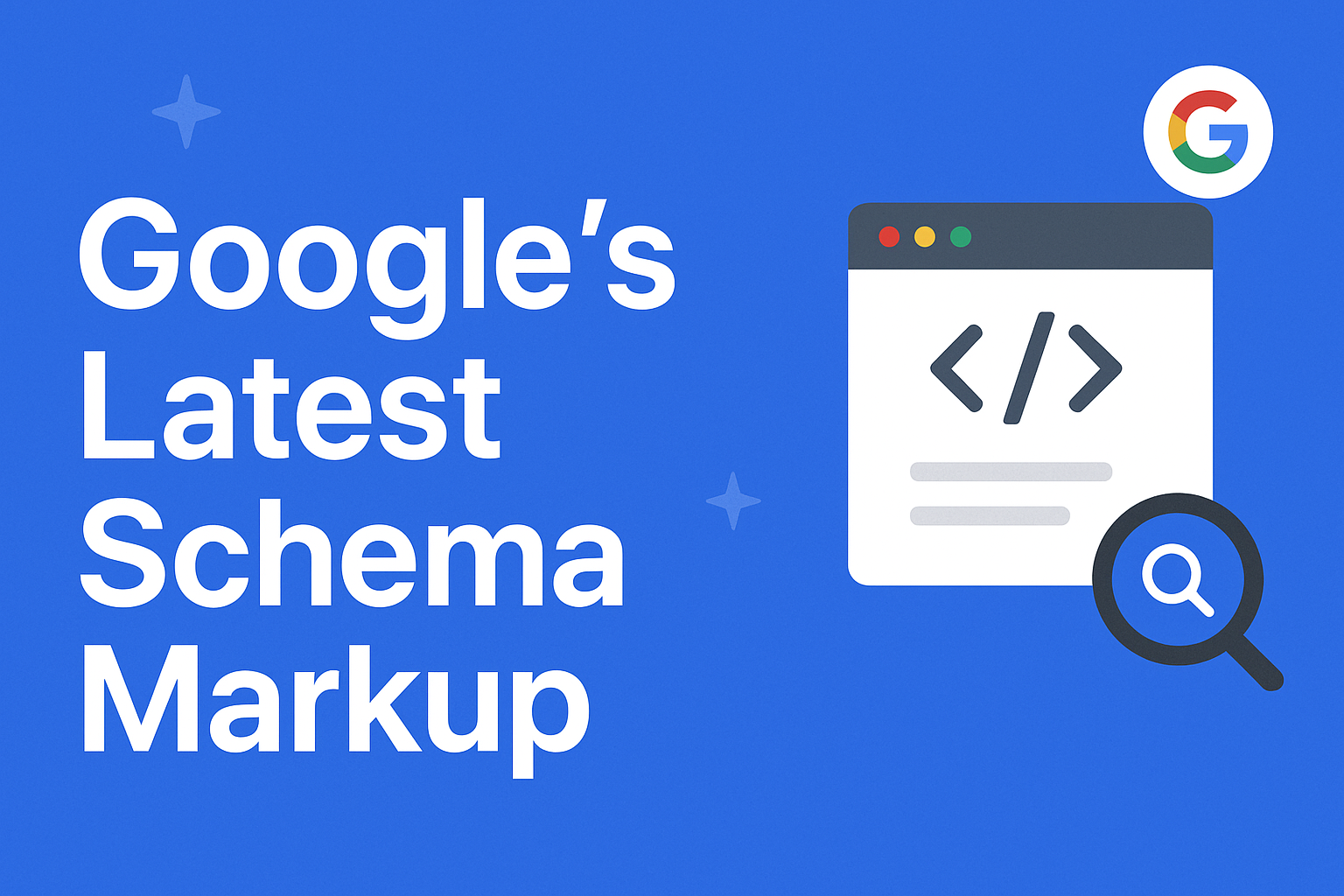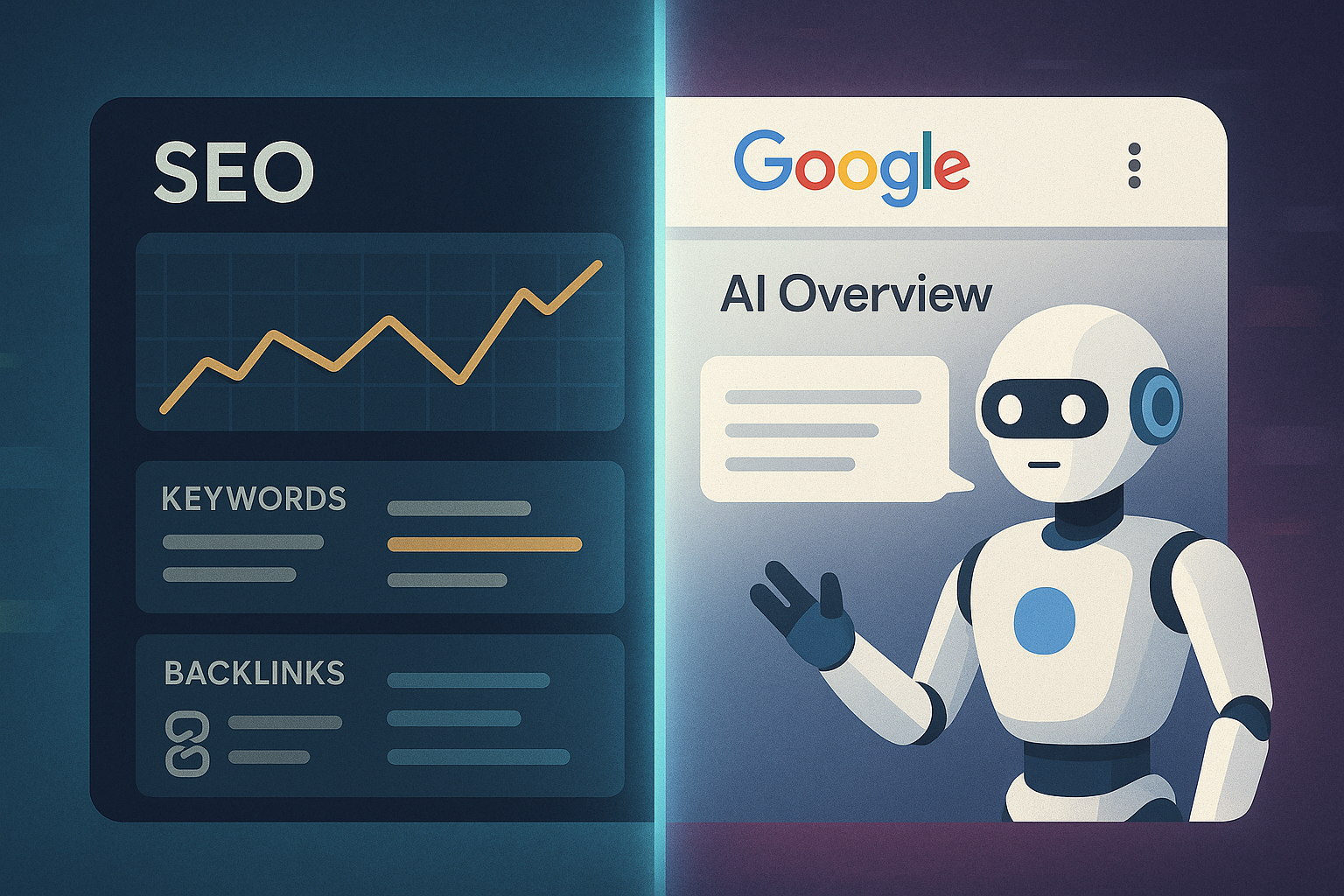Google’s AI-powered search (formerly “AI Overviews”) is now live in India, and it’s changing how users find information. With AI-generated answers taking center stage, many websites—especially blogs and small businesses—are already seeing drops in organic traffic.
If you’re worried about your rankings, leads, or revenue, here are 5 proven strategies to adapt and thrive in the age of AI-powered search.
1. Shift from Blogging to “Business-First” Content
Problem:
-
AI answers generic queries instantly, reducing traffic to informational blogs.
-
Example: If someone searches “best homestays in Udaipur,” Google’s AI will show a list directly—no need to click on blog links.
Solution:
✅ Create content that AI can’t easily replace, such as:
-
Product comparisons (“X vs Y: Which is Better for Indian Users?”)
-
Case studies & real user experiences
-
Local business guides (“Best AC Repair Services in Mumbai”)
-
Interactive tools (calculators, quizzes, checklists)
Pro Tip: If you still write blogs, add unique insights, expert opinions, or data that AI can’t replicate.
2. Optimize for “Action-Based” Queries (Not Just Information)
Problem:
-
AI answers “what” and “why” questions better than humans.
-
Example: “How to apply for PM Kisan Samman Nidhi?” → AI gives step-by-step instructions.
Solution:
✅ Target queries where users need to take action, such as:
-
“PM Kisan Samman Nidhi offline apply near me”
-
“Best budget smartphone under 15k with dealer contact”
-
“Book a doctor appointment online in Delhi”
Why? AI can’t book appointments, call businesses, or fill forms—your website can!
3. Double Down on Local SEO (AI Loves Personalization)
Problem:
-
Google’s AI tailors answers based on location, history, and preferences.
-
Example: “Vegetarian thali restaurants in Kolkata” → AI shows nearby options with reviews.
Solution:
✅ Dominate local searches by:
-
Updating Google Business Profile (accurate hours, photos, FAQs).
-
Adding location-specific pages (“AC Repair in Bangalore | Same-Day Service”).
-
Encouraging customer reviews (AI pulls ratings & testimonials).
Fact: 46% of Google searches have local intent—AI will prioritize nearby businesses.
4. Make Your Website a Conversion Machine
Problem:
-
Less traffic = Every visitor must convert.
-
If users bounce, AI may stop ranking your site.
Solution:
✅ Fix these immediately:
-
Speed & mobile-friendliness (Google ranks fast sites higher).
-
Clear call-to-action buttons (Call, WhatsApp, Booking Form).
-
Trust signals (certifications, testimonials, secure payment badges).
Warning: If users visit your site but don’t convert, AI may favor competitors.
5. Leverage AI Yourself (Before Competitors Do)
Problem:
-
If you ignore AI, competitors using AI tools will outrank you.
Solution:
✅ Use AI to improve SEO:
-
AI content analyzers (SurferSEO, Clearscope) → Optimize for AI answers.
-
ChatGPT for FAQs → Predict what users ask and pre-answer them.
-
AI chatbots → Engage visitors instantly (reduces bounce rate).
Future-Proof Tip: AI won’t replace SEO—SEO experts using AI will replace those who don’t.
Final Verdict: Adapt or Lose Traffic
Google’s AI search is not the end of SEO, but it’s the end of lazy SEO. Websites that provide real business value (not just generic info) will survive and thrive.
Your Action Plan:
✔️ Stop relying on blog traffic—focus on leads & conversions.
✔️ Optimize for local + action-based searches.
✔️ Fix website experience (speed, CTAs, trust).
✔️ Use AI tools to stay ahead.
The future belongs to those who adapt. Will you?
Need Help? If your traffic is dropping, book a free SEO audit to see how AI is affecting your site.





